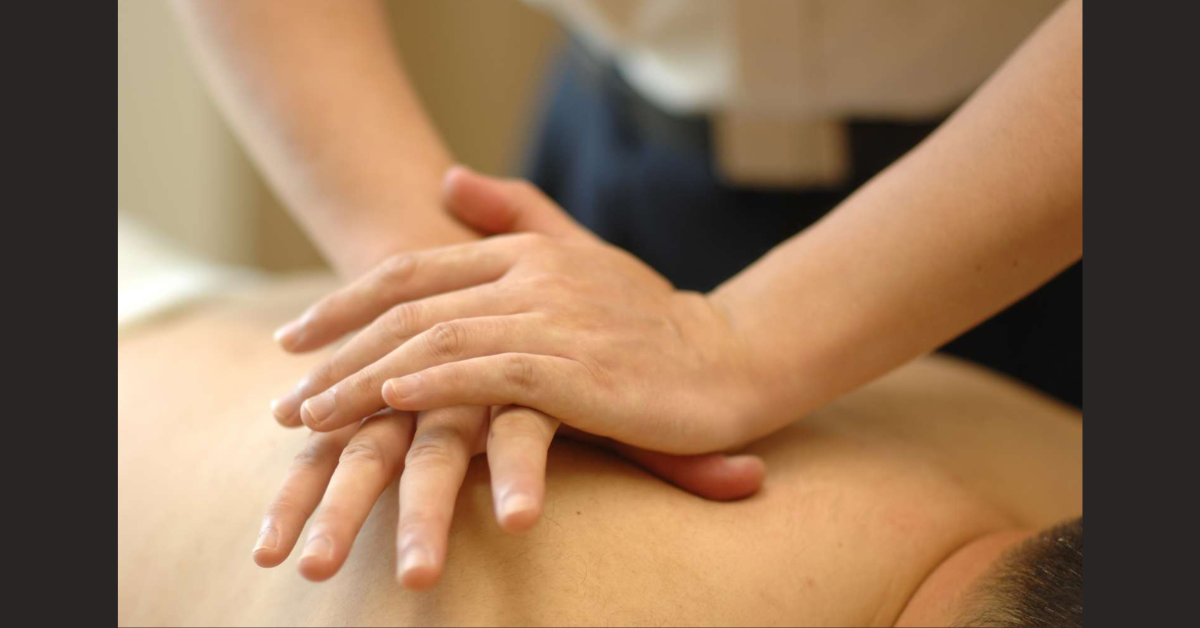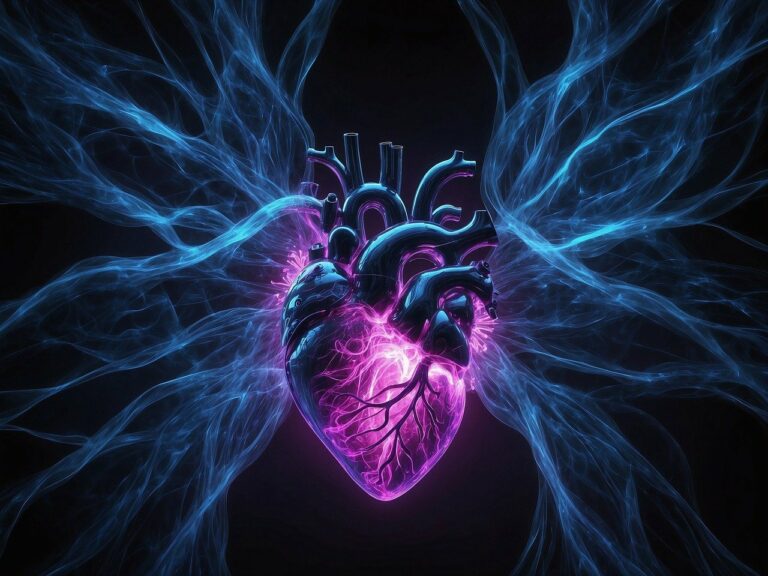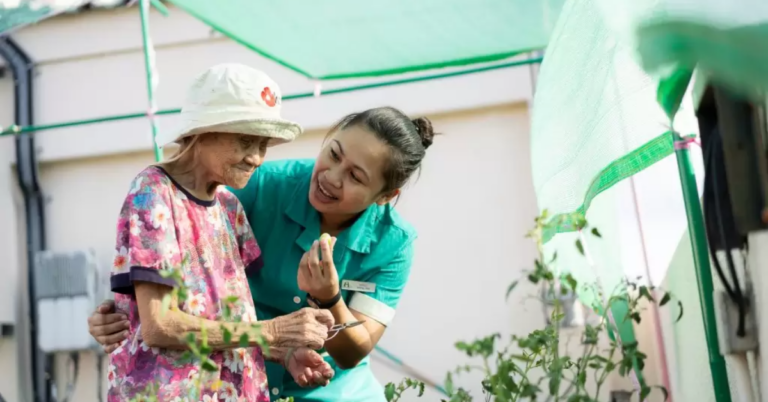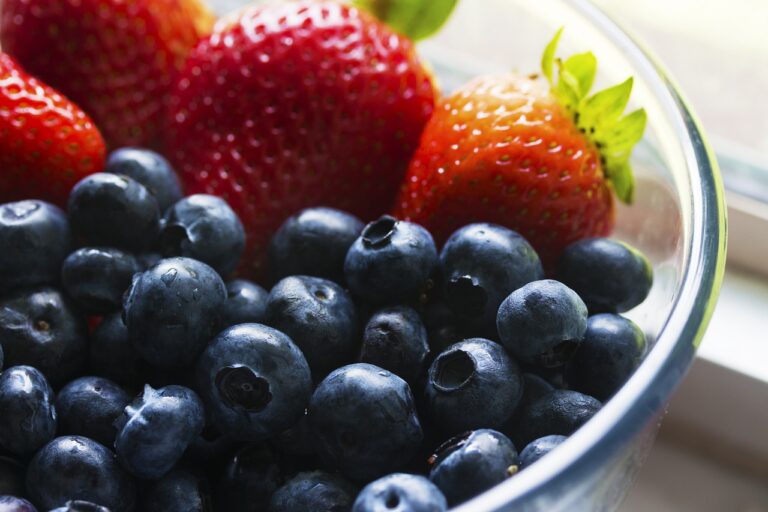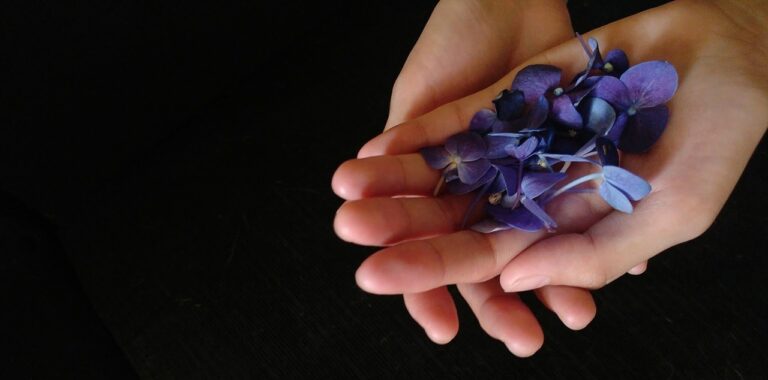Experience the Healing Benefits of TCM Tuina in Singapore: Your Complete Guide
Traditional Chinese Medicine (TCM) is known for its natural, holistic approach to health, and one of its most effective manual therapies is Tuina. In Singapore, Tuina has gained popularity as a trusted method for relieving pain, improving circulation, and restoring the body’s internal balance. Whether you’re suffering from chronic tension or simply seeking preventive care, TCM Tuina Singapore offers a therapeutic solution deeply rooted in centuries of clinical practice. This comprehensive guide will explore what Tuina is, how it works, who can benefit from it, and where to find professional services in Singapore.
What is TCM Tuina?
Tuina (pronounced “twee-nah”) is a hands-on body therapy that is a core component of Traditional Chinese Medicine. Unlike Western massage, Tuina is not focused only on relaxation. Instead, it is a clinical treatment designed to address specific health concerns by stimulating the body’s meridians and acupoints. Tuina involves various techniques, including kneading, rolling, pressing, and brushing, to influence the flow of Qi (vital energy) and blood throughout the body. It aims to unblock energy pathways, correct musculoskeletal imbalances, and promote self-healing. Tuina is often used in conjunction with acupuncture and herbal medicine to enhance overall therapeutic outcomes.
Why Choose TCM Tuina in Singapore?
Singapore is known for its modern healthcare infrastructure and integration of TCM into the broader wellness system. Choosing Tuina therapy in Singapore ensures access to trained, licensed TCM practitioners who offer safe and professional care in clean, regulated clinics. Patients benefit from: Expert practitioners registered with the Traditional Chinese Medicine Practitioners Board (TCMPB); Bilingual communication—many practitioners speak both English and Mandarin fluently; Clinics located throughout the island, making access convenient; A combination of modern clinical settings with ancient healing techniques.
Key Benefits of Tuina Therapy
Tuina offers both immediate and long-term benefits for physical and emotional health. It is commonly recommended for the following:
Muscular Pain and Tension Relief
Tuina is particularly effective for treating neck stiffness, lower back pain, shoulder aches, muscle fatigue, and general body tension. The targeted manual manipulation helps release knots, ease inflammation, and increase flexibility.
Improved Blood and Qi Circulation
By working along the meridian channels, Tuina stimulates the movement of Qi and blood, which helps with tissue repair, detoxification, and organ function.
Stress and Fatigue Reduction
Regular Tuina sessions calm the nervous system, reduce cortisol levels, and improve mental clarity. It is often used to relieve stress-related headaches, anxiety, and burnout.
Enhanced Digestive and Respiratory Function
TCM practitioners often apply abdominal Tuina to assist digestion and respiratory Tuina techniques for conditions such as asthma or chronic coughing.
Support for Reproductive and Menstrual Health
For women experiencing irregular periods, cramps, or fertility concerns, Tuina can help regulate hormone levels and improve reproductive organ health through specific acupressure techniques.
Who Should Try Tuina?
Tuina is suitable for people of all ages, from children to the elderly. It can be used for both acute and chronic conditions, as well as for preventive healthcare. Ideal candidates include: Office workers suffering from posture-related discomfort; Athletes recovering from injury or muscle overuse; Individuals dealing with stress, insomnia, or anxiety; Seniors with arthritis or mobility issues; Children with digestive or sleep challenges (pediatric Tuina is a gentler version tailored for young patients). Always consult a certified TCM practitioner before starting treatment, especially if you have underlying medical conditions or are pregnant.
How Does a Tuina Session Work?
A typical Tuina session in Singapore starts with a detailed consultation. The TCM physician will ask about your symptoms, lifestyle, and overall health. They may perform pulse and tongue diagnosis to assess your body constitution and identify imbalances. Based on the findings, the therapist will apply targeted Tuina techniques to specific areas of your body, focusing on meridians and acupoints. Techniques used include: Kneading (Rou Fa); Rolling (Gun Fa); Pressing (An Fa); Grasping (Na Fa); Pushing (Tui Fa). A session usually lasts between 30 to 60 minutes. Unlike oil massages, Tuina is generally performed through clothing or a towel, without the use of oil. Mild soreness afterward is normal and usually resolves within a day or two.
Tuina vs Western Massage: What’s the Difference?
While both Tuina and Western massage aim to relieve tension and promote wellness, their methodologies differ significantly. Western massage focuses on muscle relaxation, often using oil and rhythmic strokes. It is commonly used for spa treatments or sports recovery. Tuina, on the other hand, is rooted in medical theory and targets deeper energetic imbalances. It is more therapeutic in nature and tailored to the individual’s TCM diagnosis. Tuina may include joint manipulation, acupressure, and stimulation of Qi flow. It is ideal for treating chronic conditions and restoring internal balance rather than offering temporary relief.
Combining Tuina with Other TCM Therapies
For maximum benefit, Tuina is often integrated with other TCM treatments, including:
Acupuncture
Acupuncture and Tuina complement each other by stimulating Qi both externally and internally. Used together, they offer faster recovery and longer-lasting results.
Cupping
Cupping therapy is sometimes performed after Tuina to enhance blood flow and release toxins.
Herbal Medicine
Custom herbal formulas can support the internal healing process that Tuina initiates, especially for chronic conditions.
Moxibustion
Moxibustion may be added to warm specific meridians and further stimulate circulation during a Tuina session.
Where to Get TCM Tuina in Singapore
Many TCM clinics across Singapore provide professional Tuina services. When selecting a clinic, consider the following: Practitioner Credentials: Ensure the therapist is trained in Tuina and registered with TCMPB. Treatment Focus: Some clinics specialize in musculoskeletal issues, while others may focus on women’s health, stress relief, or pediatrics. Clinic Environment: Choose a clean, comfortable setting with good hygiene standards. Patient Reviews: Check testimonials or ratings to learn about others’ experiences. Accessibility: Consider clinics near MRT stations or bus stops for convenience. Clinics like Econ TCM offer personalized Tuina services as part of a complete TCM treatment plan.
Safety and Precautions
Tuina is generally safe when performed by qualified practitioners. However, it may not be suitable for: Individuals with fractures, open wounds, or skin infections; People with bleeding disorders or who are on blood thinners; Pregnant women (unless treated by a practitioner trained in prenatal Tuina). Always inform your therapist about any medical conditions before starting treatment. Mild side effects such as temporary soreness or bruising may occur, but serious complications are rare when proper techniques are used.
Frequently Asked Questions About TCM Tuina in Singapore
1. Is Tuina painful?
Tuina can involve firm pressure, especially when addressing deep muscle knots or stagnation. Some discomfort may occur, but it should not be painful. Communicate with your therapist to adjust intensity.
2. How many sessions do I need?
The number of sessions depends on your condition. Acute problems may require just a few treatments, while chronic conditions often need regular therapy over several weeks.
3. Can children receive Tuina?
Yes. Pediatric Tuina is a safe and effective way to manage common childhood issues like colic, constipation, coughs, and poor sleep. It uses gentler techniques and shorter sessions.
4. Is Tuina covered by insurance in Singapore?
Some insurance plans and corporate health benefits may cover TCM treatments, including Tuina. Check with your provider for specific details.
5. What should I wear for a Tuina session?
Wear loose, comfortable clothing. Since Tuina is usually done over clothes, you won’t need to undress fully. The clinic may provide a clean towel or cloth covering during treatment.
Final Thoughts
TCM Tuina in Singapore is more than just a massage—it’s a powerful therapeutic tool that addresses the root of your health concerns through time-tested techniques. Whether you’re seeking relief from chronic pain, stress management, or preventive care, Tuina offers a natural and effective path to healing. With expert practitioners, convenient access, and a holistic approach to well-being, Singapore is an ideal place to experience the benefits of Tuina. If you are ready to improve your health and restore balance, book a consultation with a licensed TCM practitioner and discover what Tuina can do for you.

